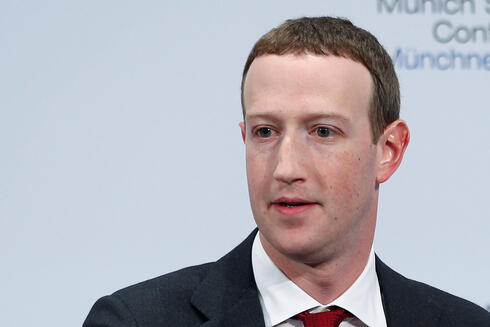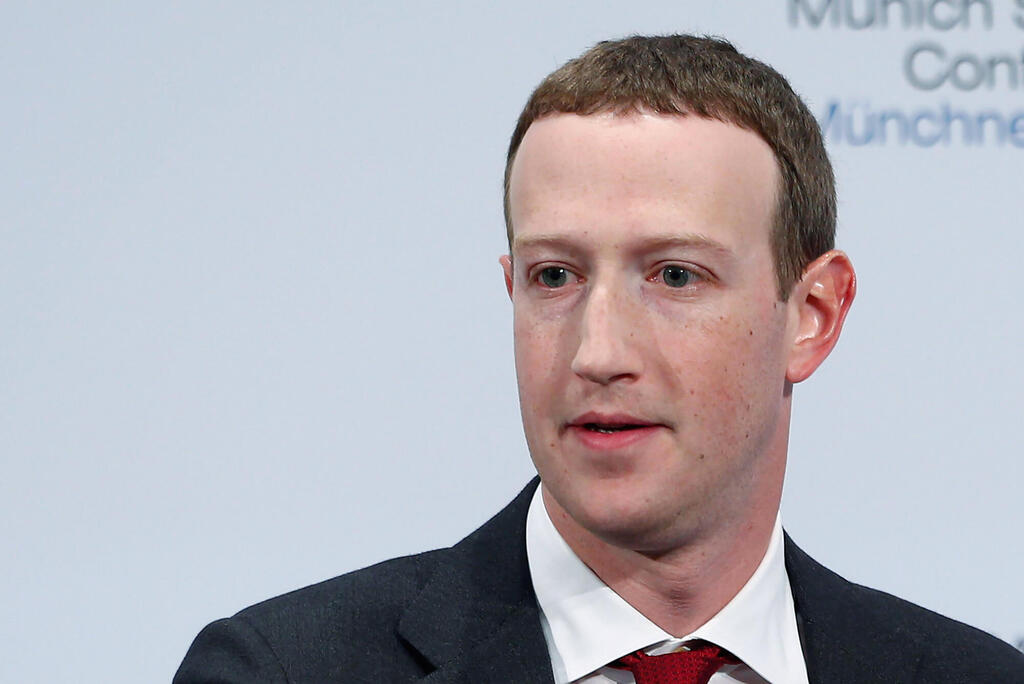
Analysis
Meta’s double-digit growth the perfect response to critics
It may not be the most innovative and original company around, but it is among the best at identifying trends and possibilities, and it is also shameless enough to blatantly copy what it needs from other companies and quickly implement it in its services
Meta is the kind of company that critics enjoy eulogizing. Something in the combination between continuous and stable success and the hostility that is provoked by the way in which Meta achieves its success (sucking our personal information with a demonstrable disregard for privacy and other problems that arise from its activity) then arouses a desire for its decline and leads us to see in times of crisis its impending end. This was the case following the Cambridge Analytica affair, when the company's image was at a low ebb, and this was the case throughout most of 2022 when a series of difficult quarters led, for the first time since the IPO, to a decrease in revenues.
But yet, in the first quarterly report of 2023, Meta already showed signs of recovery, and in its second quarter report published on Wednesday, it has already entered a path of accelerated growth. Whether it is the result of the "year of efficiency" announced by founder and CEO Mark Zuckerberg, a better adaptation to the changing market conditions, or simply a general recovery in the economy, Meta is back, and in a big way. It is tempting to say that it has come back to life like the phoenix that rose from the ashes, but the truth is that it never died and was nowhere near it. At most, it had a cough.
After recording three consecutive quarters of revenue decline in 2022, in the second quarter of 2023, Facebook was able to celebrate two consecutive quarters of a return to growth, for the first time since the fourth quarter of 2021. It also recorded a double-digit growth rate, with revenues increasing by 11% to $32 billion. Net profit, after six consecutive quarters of declines, finally changed direction and rose 16% to $7.79 billion.
The increase in net profit can be attributed, to a large extent, to the decrease in the number of employees after the two rounds of massive layoffs carried out by the company. As of June 30, Meta employed 71,500 people - a 14% decrease compared to last year. However, the company still employs 36% more workers than it employed at the beginning of the corona pandemic, in June 2020, and 12.7% more workers than in June 2021, after already registering a massive wave of expansion in light of the impressive performance during the pandemic.
Along with the decrease in the number of employees, other operational moves such as consolidating and closing offices and restructuring Meta's data center array also contributed to the bottom line. The result of these moves will be better felt in the future, as in the coming year, Meta is still expected to register total costs of $4 billion as a result of closing offices and paying compensation to employees. However, the company's capital expenditures are on a downward trend, and it expects them to be between $27 billion and $30 billion in 2023 - significantly lower than the previous forecast, which was between $30 billion and $33 billion.
The increase in income can be attributed to several other factors. First, the user base continued to expand. The number of daily active users in the Meta family of apps (which is defined as Facebook, Instagram, Messenger, WhatsApp, and "other services" - that is, Threads does not yet receive official status) increased by 7% compared to the corresponding quarter last year and stood at 3.07 billion. The number of monthly users increased by 6% to 3.88 billion.
Facebook alone had 2.06 billion daily users (an annual increase of 5%), and for the first time, the social network crossed the line of 3 billion monthly active users, which increased by 3% to 3.03 billion people (analysts expected 2.04 billion and 3 billion users, respectively). Geographically, the number of daily users on Facebook increased in all areas of its activity, except for Europe, where it remained stable at 307 million. In terms of the number of monthly users, the picture is similar - an increase in all regions, except for a symbolic decrease of about half a percent in Europe.
The increase in the number of users helped Meta offset a 16% drop in the average price per advertisement. But more than that, it contributed to a 34% increase in the number of advertisements presented by the company. It's not ideal. More advertisements may translate in the immediate term to more revenue, but it is also a significant harm to the user experience that can, in the long term, harm the scope of their activity. Meta needs to find ways to increase the average price per ad, and it is already working on it. For example, using generative artificial intelligence that produces different versions of the same advertisement and a system that checks which advertisement generates the most revenue among different types of users.
If there is a black spot in Meta's report, it is the activity that until recently was at the center of Zuckerberg's vision for the future of the company: the Metaverse, for which the company's Reality Labs division is responsible. This activity continues to be clearly unprofitable, and last quarter its revenues were only $276 million - a 38.9% drop. At the same time, the operating loss of the division is on the rise and increased by 33.3% to $3.74 billion.
No one expects that this activity, centered on a vision for the future, will already be Meta's revenue engine. However, it has already been about a year and a half since Zuckerberg presented the vision and changed the company's name from Facebook to Meta, so one could at least expect a nice and consistent growth in the scope of the activity - something that would indicate that the world is moving in this direction - and not a noticeable retreat back.
The activity of the Metaverse has accumulated for Meta so far enormous operational losses of $40 billion - an amount that would have caused the halting of the program at many other companies. However, the nice financial performance in the second quarter gives Zuckerberg more leeway to keep playing with this vision - and he himself claims that he is still committed to it. "This is a very long-term bet," he said in a conversation with analysts after the report was published.
"I can't guarantee you that I'm gonna be right about this bet. I do think that this is the direction that the world is going in," Zuckerberg explained. "There are, you know, a billion or 2 billion people who have glasses today. I think in the future, they're all gonna be smart glasses and all the time that we spend on TVs and computers, I think that's gonna get more immersive and look something more like VR in the future. What we're seeing is richer ways for people to communicate across even the mobile apps that we have going from text to photos to videos, just this continual trend towards being more immersive. All of these trends line up to make me think that this is the right thing. I think we're going to be happy that we did this."
Apple's entry into the field, with the AR Vision Pro that will be launched in early 2024, certainly did not harm investor confidence or Zuckerberg's commitment to the vision.
And what about Threads, Meta's Twitter clone? The app was launched this month with great success and gained 100 million users in less than a week, but its usage has plummeted after the initial interest has passed. Zuckerberg is not perturbed. "I'm highly confident that we're going to be able to pour enough gasoline on this to help it grow," Zuckerberg said. "There hasn't been an app for public discussions like this that has reached a billion people. When I look at, you know, all the different social experiences, it just seems like there should be one like this."
Zuckerberg also attributed the successful launch of Threads to the year of efficiency, noting that a leaner organization and cultural changes allowed the company to quickly develop a quality app. "We've already seen a number of examples of how our leaner organization and some of the cultural changes we've made can build higher quality products faster, and this is probably the biggest so far," Zuckerberg said. "The Year of Efficiency was always about two different goals: becoming an even stronger technology company, and improving our financial results so we can invest aggressively in our ambitious long term roadmap."
Artificial intelligence, which was mentioned in Zuckerberg’s opening remarks and the other Meta executives no less than 19 times – more than Threads and the Metaverse combined – is now a central part of the company's strategy. Zuckerberg said AI is already being used to generate or increase revenue in a variety of areas, including through the automated creation of advertisements. "Almost all of our developers use at least one AI-based product," he said. "And we created a test environment for generative artificial intelligence tools, such as automatic text change, background creation, and image cropping."
Zuckerberg also mentioned Meta's new major language model, Llama 2, which it released as open source this month, and expected it to generate significant activity for the company and developers.
Meta, it seems as of today, is doing the right things and is in a good place. It may not be the most innovative and original company around, but it is among the best at identifying trends and possibilities, and it is also shameless enough to blatantly copy what it needs from other companies and quickly implement it in its services. It worked in the past and it seems to continue to work now.














